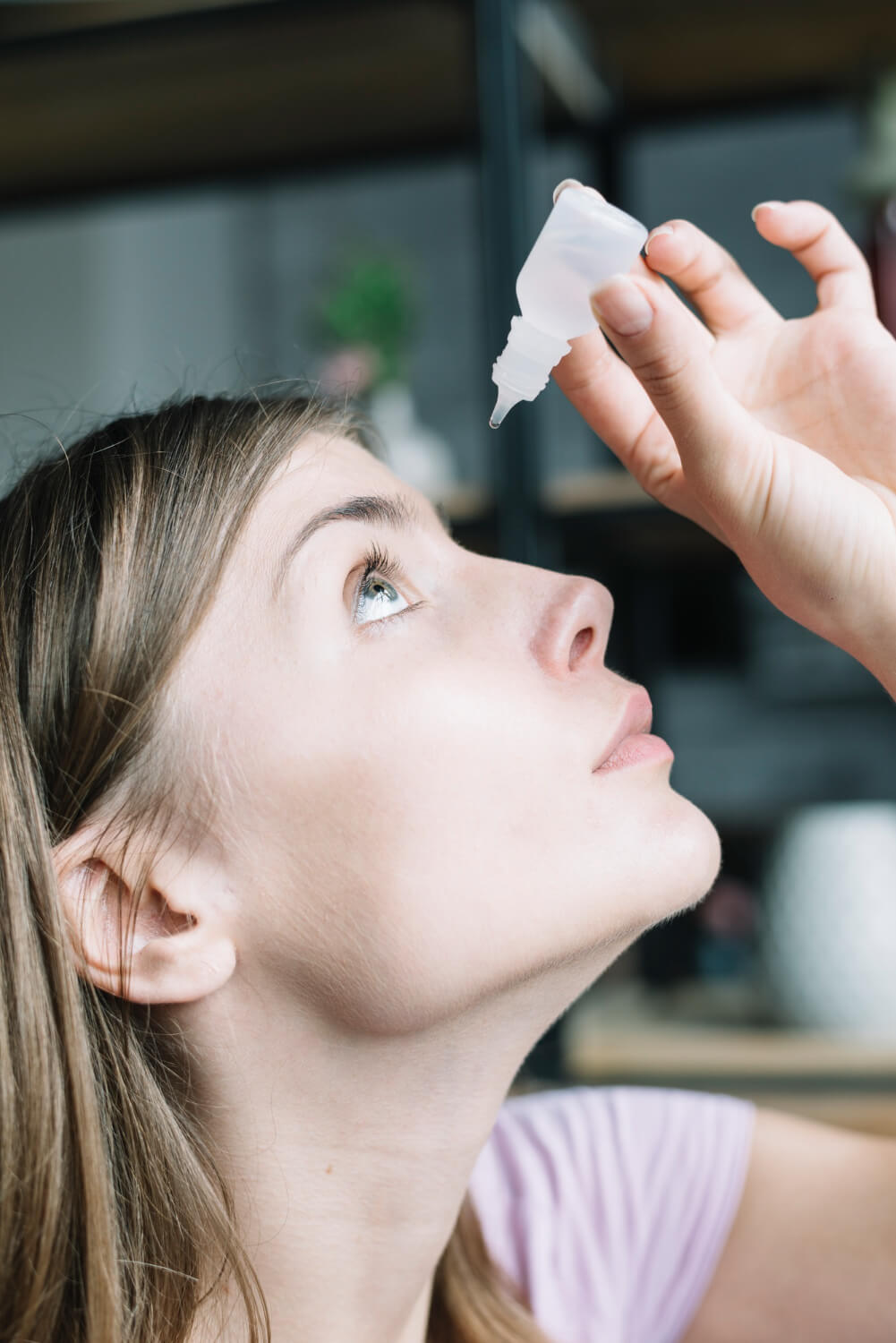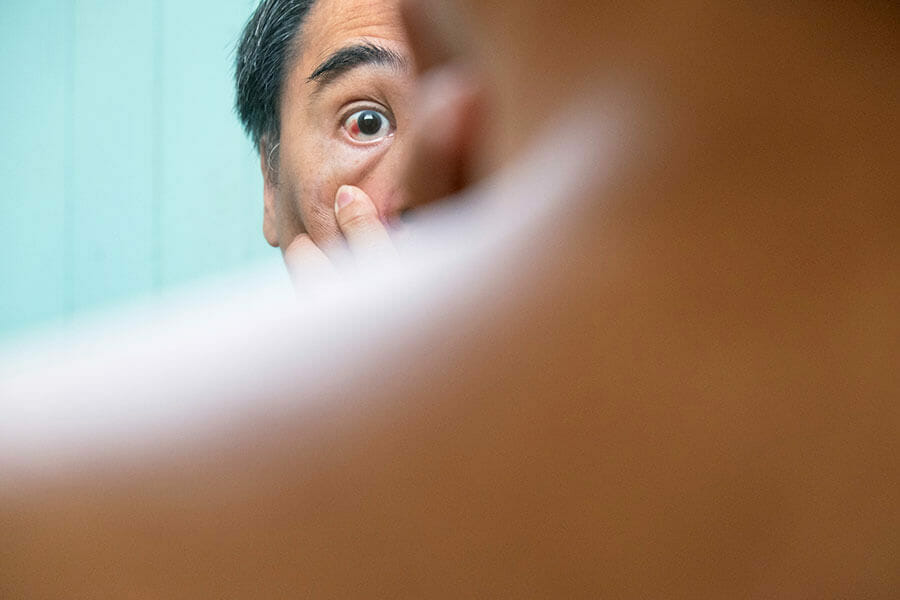How Should a Warm Compress Be Used to Treat Dry Eye?
Warm compresses, when properly prepared and applied, can be very effective treatments for the symptoms of dry eye, which include irritated, red, watery, or burning eyes, a gritty feeling in and around the eyes, eye fatigue or soreness, and light sensitivity.
Types of At-Home Compresses
Warm compresses are relatively simple to make using household items like washcloths or rice bags, and you can also buy more specially made compress packs. Because washcloth compresses are the most commonly used , we will focus on those here. You can also buy compresses in drug stores, and these are specifically designed for use treating dry eye symptoms.
Tea bags are not recommended; where your eyes are involved, plain clean water is best.
How to Make a Warm Compress
To make a warm compress from a washcloth, fill a bowl with warm--but not hot--water, and place the clean washcloth in it. It should be completely wet, but before application it should be wrung out so it doesn’t drip.
Once you start using the compress, you can dunk it in warm water again, once it gets cold, and repeat the application.
Make Sure Your Compress is Safe For Your Eyes
As with any at-home remedy, it’s important to make sure that you don’t inadvertently do any damage in the process of the treatment. When it comes to using compresses to treat dry eye, remember that your eyes and eyelids are very delicate; avoid doing anything which might cause injury. If you plan to use warm compresses at home, it is advised that you consult with a doctor in advance to receive guidance on how to do so safely. Traditional warm compresses, such as those made from rice bags or washcloths, tend to be of lesser effectiveness; washcloths do not sustain the proper temperature for long, and rice bags produce the wrong kind of heat. Store-bought compresses, such as the Bruder warm compress, are designed specifically for this task and will yield better results.
Only use plain water, not tea bags, and do not put any chemicals, such as Epsom salts, into the water, as that could burn your eyes or the skin around it.
It is safer to use a washcloth soaked in water rather than a chemical hot pack, as if the hot pack leaks, it could burn your eye.
When preparing water for the compress, make sure it is warm, not hot. The skin or your eyelids and around your eyes is very sensitive and burns easily.
It is also important to keep things separate. If you are treating both of your eyes, use separate compresses for each one. This will decrease the likelihood of spreading infection between the eyes.












